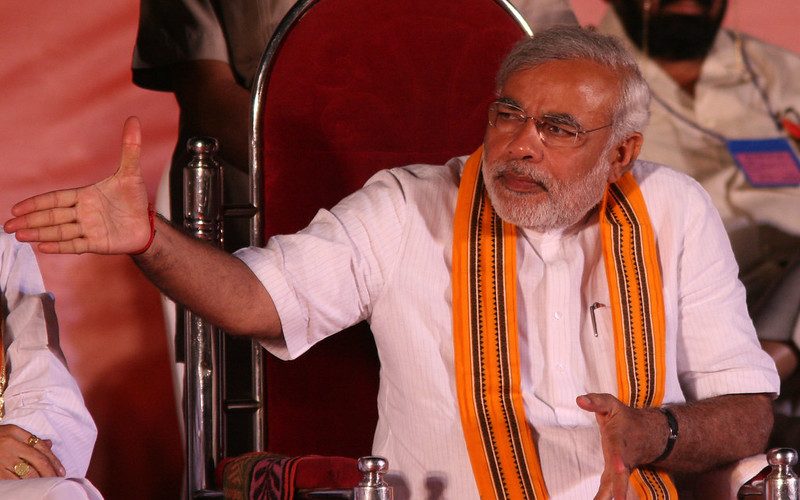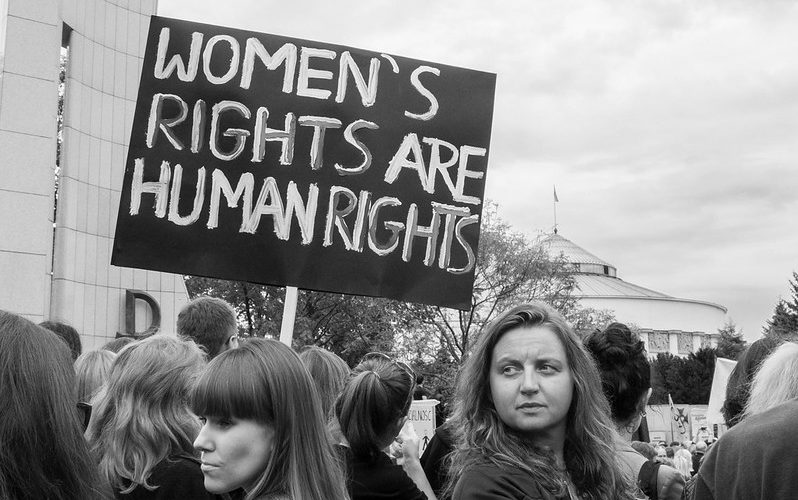
Is democracy failing us?
In recent years, especially after Covid-19, Europe has seen a rise in far-right attitudes and change in the internal political systems of single states. Some far-right parties have encountered more support from the citizens, some governments changed directions altogether. Can this phenomenon be considered a consequence of the health crisis and to what extent was this development already apparent before the pandemic?

The MODI-fication of India
India, the world’s largest democracy, is known for uniting people of various backgrounds under one country. However, since the rise of the far-right Hindu Nationalist Bharatiya Janata Party (BJP) under Narendra Modi as the Prime Minister in 2014, the nation’s democratic and secular values which they took pride in are eroding rapidly.

Who does the ‘Women’s Strike’ actually fight for?
On the 22nd October 2020 the Polish constitutional court ruled that the act of aborting a foetus with serious birth defects is unconstitutional. Protests, resembling ones from 2016 broke out all over the country sparking international recognition and support, but also strong criticism from opposition groups such as pro-life or catholic organisations. Nevertheless the 2020 ‘Women’s Strike’ adresses issues that go beyond the abortion ban and thus it should be recognized for what it actually stands for, an attempt to safeguard the democracy ad rights of an entire nation.

